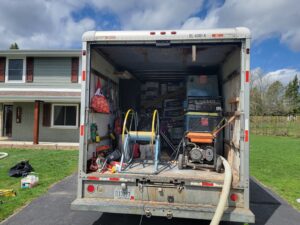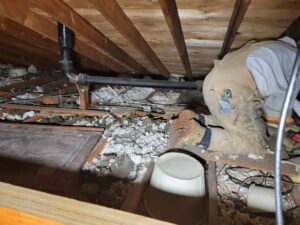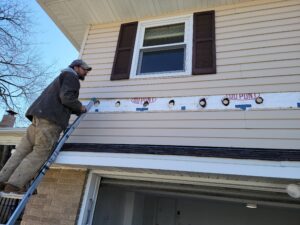Enjoy Your Comfort – Insulation contractors Milwaukee WI – Attics, Walls

Insulation Contractors Milwaukee WI
Premier North Insulation. When it comes to ensuring optimal energy efficiency and comfort in your home or business in Milwaukee, Wisconsin, choosing the right insulation contractor is key. At Premier North Insulation, we pride ourselves on being the go-to experts for all your insulation needs in the Milwaukee area.
Our powerful blowers are capable of filling walls and attics to the recommended R value for Wisconsin’s climate. Many older homes and even some newer homes don’t have sufficient insulation. We also perform air sealing to prevent excess energy loss.

Attic insulation and inspections
Highest Rated Retrofit Insulation Contractor
Why Choose Premier North Insulation? – Expertise: With years of experience in the industry, our team of skilled professionals understands the ins and outs of proper insulation installation. We stay up-to-date on the latest trends and techniques to provide you with top-notch service. – Quality Materials: We only use high-quality insulation materials that are designed to improve energy efficiency, reduce utility costs, and enhance indoor comfort. – Custom Solutions: Every property is unique, which is why we offer customized insulation solutions tailored to your specific needs and budget. –
Customer Satisfaction: At Premier North Insulation, customer satisfaction is our top priority. We work closely with you from start to finish to ensure that the job is done right the first time. Our Services – Insulation Installation: Whether you need insulation for a new construction project or want to upgrade your existing insulation, we’ve got you covered. – Insulation
Additional Services
Removal: If your current insulation is old or damaged, we can safely remove it and replace it with new, efficient insulation. – Insulation Upgrades: Improve the energy efficiency of your property with our expert insulation upgrades that help reduce heat loss and lower utility bills. Contact Us Today. Don’t let inadequate insulation compromise the comfort and efficiency of your home or business.

We can add more insulation to your walls
Trusted Insulation Contractors Milwaukee WI
Trust Premier North Insulation contractors Milwaukee WI, your reliable insulation contractor in Milwaukee, WI, to get the job done right. Contact us today to schedule a consultation and learn more about how we can help improve your property’s insulation. Remember, when it comes to insulation in Milwaukee, Premier North Insulation is the name you can trust! We are an authorized Wisconsin Focus On Energy Contractor and can help you get your energy rebates.
